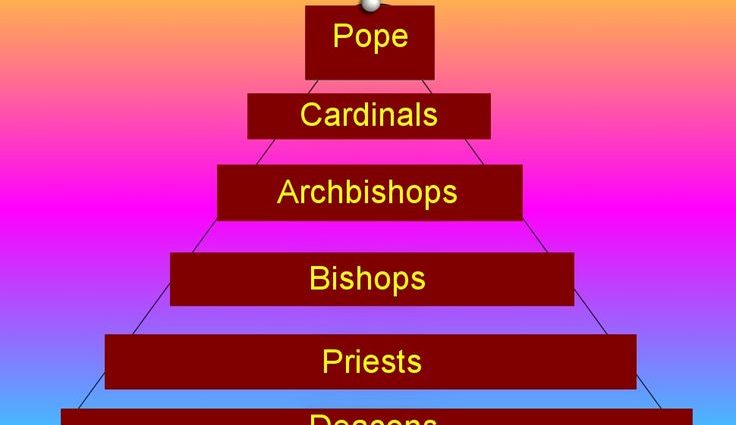By Jacob Peenikaparambil
Indore, May 13, 2024: India is in the middle of a highly decisive election because many political observers are of the view that the future of Indian democracy hinges on the result of this election.
To a democracy, periodic free and fair elections are like the soul to a human body. Elections once in five years are the most effective means to make the ruling party accountable to the people. It is an opportunity for the people to throw away the party in power, if they are not satisfied with the performance of the party.
In a genuine and functioning democracy, there are many ways and means to make the ruling party transparent, accountable and participatory. A few of them are the law-making process, accountability to the parliament through question answer sessions, the process of passing the annual budget, censuring government through non-confidence motion, and criticism through the media, which is considered as the fourth pillar of democracy. Above an independent judiciary is there as a watchdog.
Despite having many checks and balances to make the government accountable to the people, there is always a possibility of a democracy slipping into dictatorship. It happened in many countries in the past like Germany under Hitler and Italy under Mussolini. At present Russia is practically under dictatorship. Many Indians as well as some foreign observers fear that if the ruling BJP comes to power the third time, India will have only a name-sake democracy.
Although the majority of the Church leaders are silent about the danger of the looming dictatorship, two or three bishops and a few priests and nuns are really concerned and trying their best to motivate people for a regime change. At the same time, the Church structure within which they function lack systems and processes to make its functioning transparent, participatory and accountable. Along with educating people about the dangers of majoritarian dictatorship, they have to do advocacy for democratization of the Church of which they are members. Only then will they have the strength to fight against the anti-democratic forces.
Even though Pope Francis has initiated the process of Synodality, it largely remains at the theoretical level. For an ordinary member of the Church, it doesn’t make much difference. According to Pope Francis, “Synodality is a style, it is a walk together, and it is what he expects from the Church of the third millennium”.
“Walk together” is the key term used by the Pope and if it means PARTICIPATION, TRANSPARENCY and ACCOUNTABILITY, how can they be realized in the Indian Church? Most of the dioceses in India are also registered as charitable societies or trusts or charitable companies under section 25 of the Company Act. These organizations also have systems and processes to make them professional, and some of them are mandatory emanating from the registration as a legal body. Three main characteristics of a professional organization are transparency, accountability and participation.
Annual General Body Meeting with presentation of annual report, audited statement of account and annual budget along with an annual plan for the organization and approval of all of them by the General Body is a practice adopted in many professional organizations. These processes can be adopted by the Church.
In the case of a diocese, the membership of the General Body can be widened by including representatives of priests, religious and lay people both men and women. The documents like the annual report, the consolidated statement of account of the diocese and the plan for the coming year with the annual budget can be published on the website and main publications of the diocese.
Similarly, the diocesan institutions like schools, colleges, hospitals also can publish their annual report and audited statement of account in the diocesan publications and on their respective websites so that the public will come to know how these institutions are serving the people and how finance is raised and used.
Each parish also can adopt a system that can make the functioning of the parish participatory, transparent and accountable. The parish council with representation from different groups like senior citizens, youth and religious communities can function as the General Body and each parish can have an Executive Committee under the presidentship of the parish priest. The General Body at the parish level may approve the annual plan with budget, audited statement of account and annual report, and the Executive Committee can do the execution and monitoring of the plans. The annual report and audited statement of account of the parish can be published on its website and in the parish bulletin.
The future of Indian democracy will be known on June 4, 2024 when the results of the ongoing elections to the Lok Sabha will be declared. If the Church has to remain as a champion of democracy and a critic of majoritarian dictatorship, it has to put into practice democratic values in its functioning and governance system.
The crisis facing Indian democracy is an opportunity for the Indian Church to democratize its governance system by making it participatory, transparent and accountable. These values are in tune with the Gospel values and the values of the Reign of God as envisaged by Jesus.









